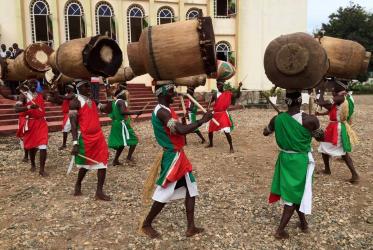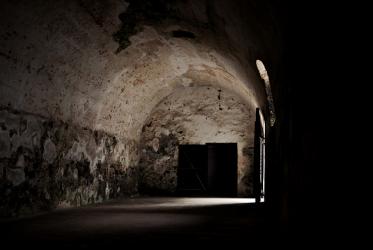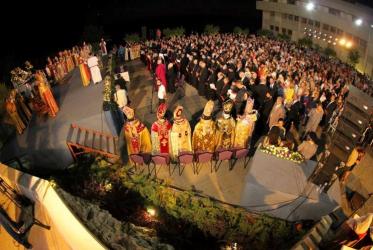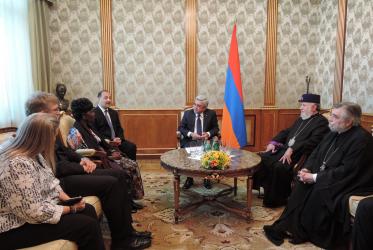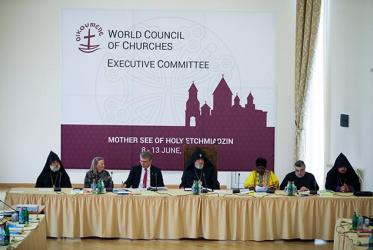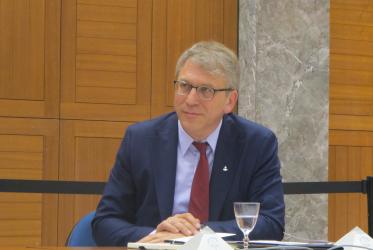Displaying 161 - 180 of 338
Calls for peace in Burundi grow louder
10 March 2016
Religious leaders as agents of peace in the Americas
02 March 2016
Religion and Violence Prevention in the Americas
28 February - 01 March 2016
Washington D.C., United States - Attendance by invitation only.
Common prayer in Geneva responds to acts of violence
16 November 2015
WCC leaders meet President Serzh Sargsyan
11 June 2015

